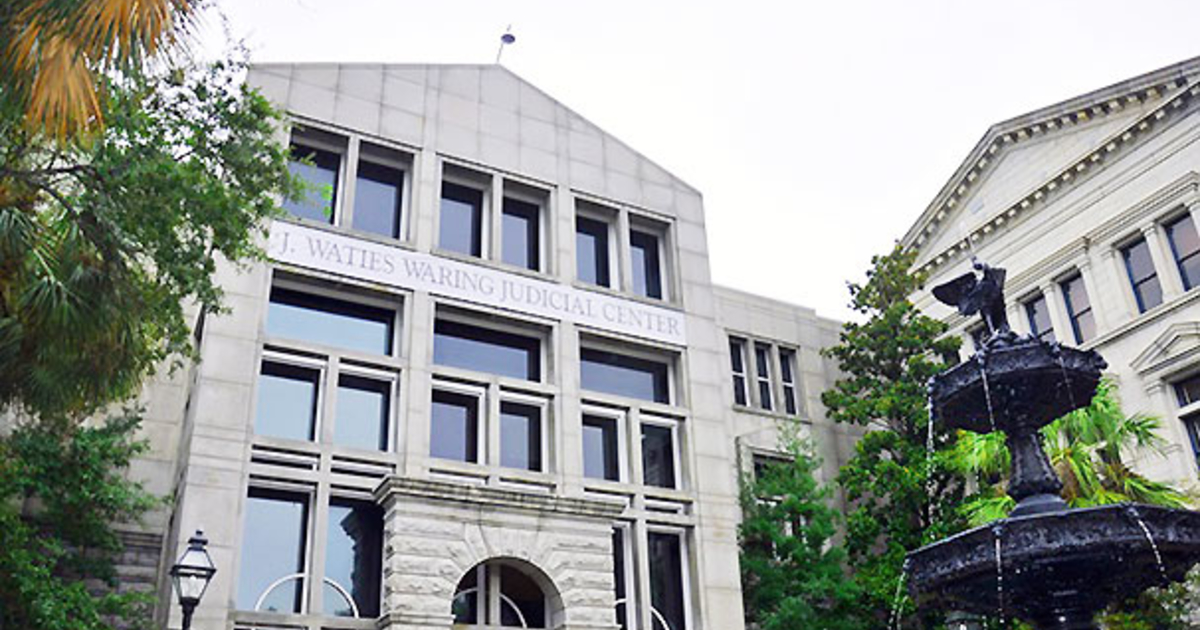
Two former South Carolina Mitsubishi dealership employees accused of a two-year scheme to mislead lenders about customers’ creditworthiness have pleaded guilty to conspiracy to commit wire fraud and bank fraud and making false statements to financial institutions.
Shawn Rustin had served as general manager at then-Hoover Mitsubishi, now used-vehicle dealership Car Fare Charleston, from an unspecified time in 2013 to August 2018; Kentrell Davis had worked as Hoover Mitsubishi’s finance manager from November 2015 to April 2018. According to authorities, both men scammed the store’s partner lenders from January 2016 to April 2018.
Rustin pleaded guilty to the single fraud conspiracy count July 28, and Davis pleaded guilty Aug. 17. Rustin and Davis could each face up to five years in prison and a fine of up to $250,000.
According to authorities, Rustin and Davis produced two contracts on vehicle sales — an accurate one for the dealership and a fraudulent one for the lender — to make Hoover Mitsubishi’s customers seem more creditworthy.
The deceptive contracts would either feature “a phantom trade-in vehicle” or a down payment, which was just a manufacturer rebate, authorities said.
In a June 2019 application for a search warrant for Hoover Mitsubishi, FBI Special Agent Joseph Hamski said such schemes were intended to help customers with no credit or bad credit.
Hamski said the fake trade-ins fooled lenders into offering lower interest rates. Hoover Mitsubishi would pass part of the savings on but keep some for a higher dealer reserve margin, he said.
Rustin also faked down payment receipts, bank statements, pay stubs, utility bills and other documents to convince lenders to finance vehicle sales to Hoover Mitsubishi’s customers, authorities said.
Davis’ attorney, Ann Walsh, assistant federal public defender for the U.S. District of South Carolina, said she was unable to comment on pending cases. Rustin’s attorney has not yet returned an email inquiry seeking comment.
All of the schemes helped Hoover Mitsubishi sell more vehicles, leading to rebates from the automaker that were divided among employees.
A confidential witness “admitted that more sales were achieved when the parties involved fabricated the vehicle sales and loan contracts,” Hamski wrote. He said the witness estimated Hoover Mitsubishi typically sold 50 to 60 vehicles monthly — with approximately 30 of the sales involving fraud.
The federal investigation into Hoover Mitsubishi also resulted in civil litigation against the two men in August 2019 when CarFare Charleston sued Rustin and Davis .
CarFare said in its civil complaint that owner Mark Hoover did not know about or approve of the duo’s behavior and were misled by them about the nature of paperwork they presented for his signature. The company said its relationship with lenders had been jeopardized, and it became “the target of a criminal investigation,” an issue that created new expenses for the company — including paying for a criminal defense.
Rustin countersued CarFare and sued Hoover Mitsubishi and co-workers Dwayne Ladson and William Dockendorf in October 2019. Rustin alleged he relied on Hoover’s promises the store was following proper procedure and said he was told at a meeting attended by Hoover and accounting personnel that it was fine to represent rebates and dealer cash as down payments. Rustin also said Hoover failed to act on the concerns Rustin had expressed about Ladson and Dockendorf, whom he alleged were misleading lenders. Dockendorf denied any improper behavior.
Ultimately, nearly all of the parties dropped the cases and countercases against their respective defendants, with Rustin’s complaint against Ladson the only civil dispute left unresolved in South Carolina state court. Ladson failed to respond to the lawsuit and was declared in default by the court; Rustin has petitioned the court to award him $40,176.48 in attorneys fees and costs from Ladson.
Ladson has not yet responded to an Aug. 25 email request for comment.